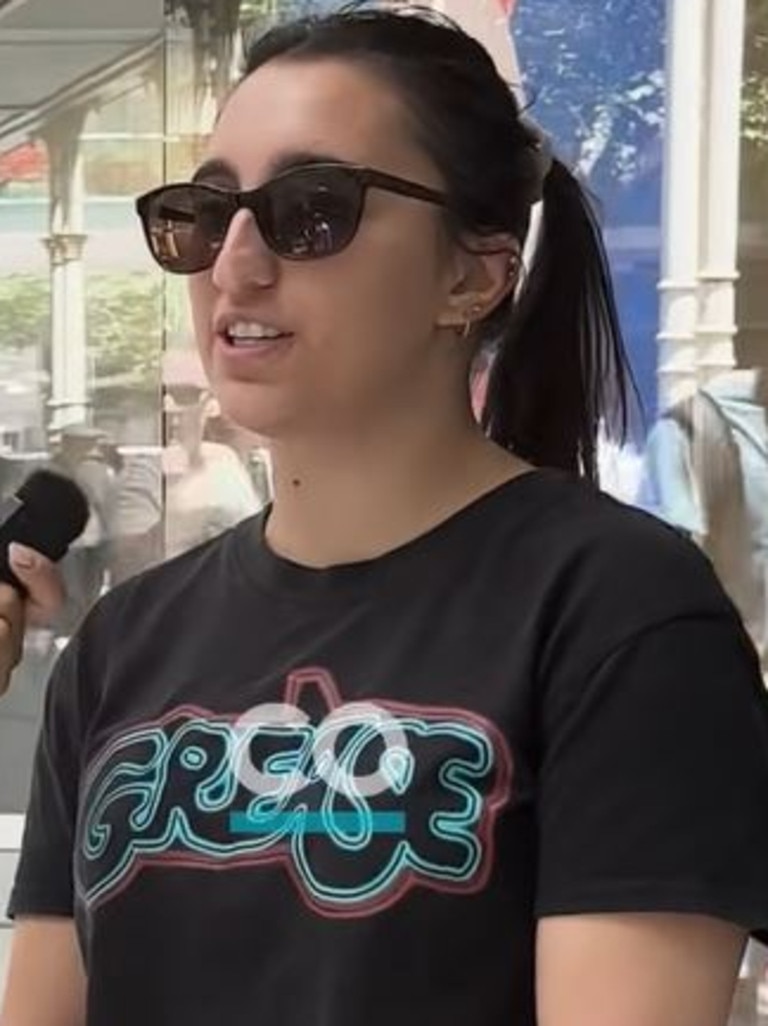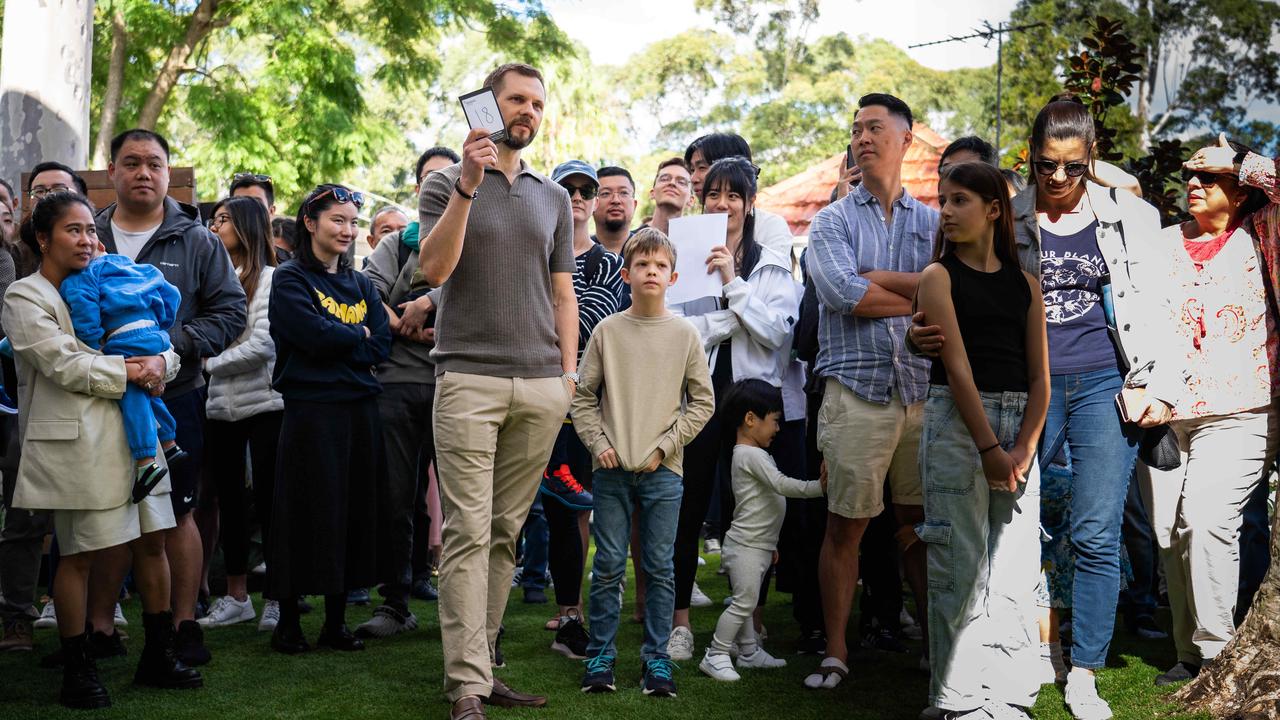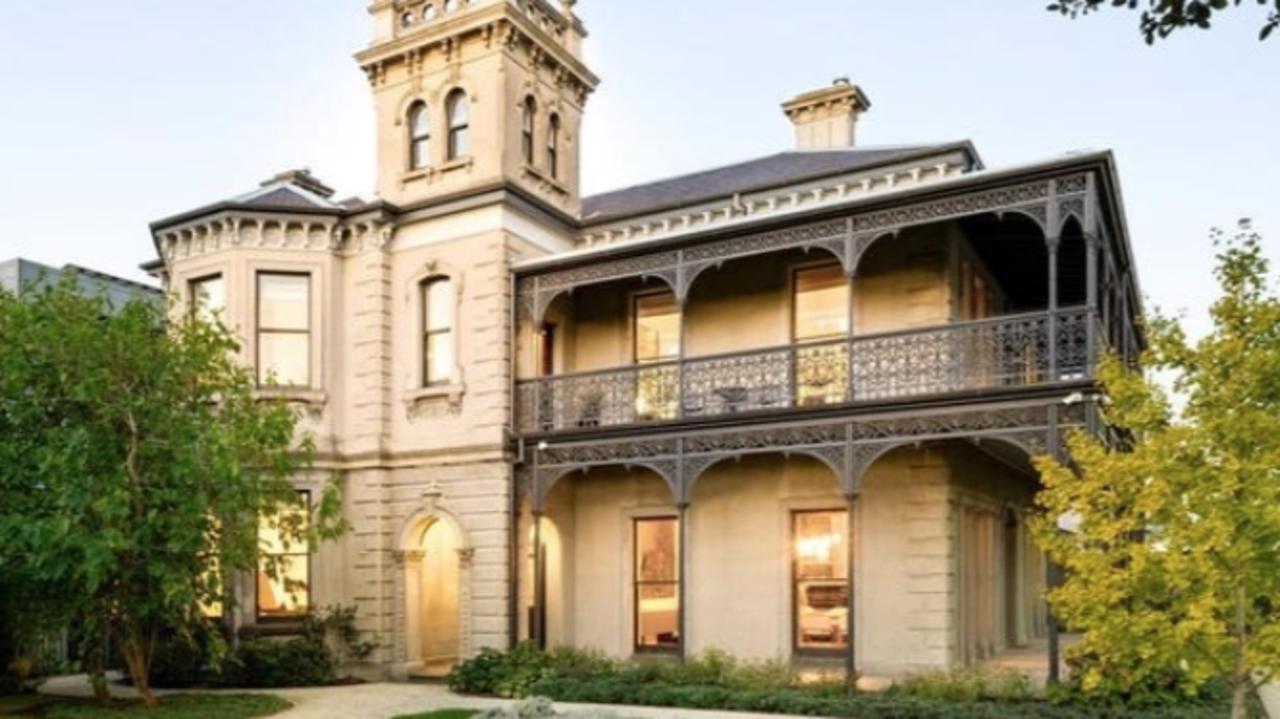Young Aussie reveals how she managed to buy a home, exposing a wider trend
A young Aussie has revealed how she managed to buy a home and still have savings left in the bank, which has exposed a wider trend among young people.

A young Aussie woman has revealed how she managed to buy a home and still walk away with some savings, exposing a wider trend among young people.
Housing affordability is tough nationwide, but Sydney’s medium house price has now soared past $1.5 million, making it impossible for many people to afford to own their own home.
Coposit St, an app that helps Aussies purchase property, stopped a young woman in Sydney’s CBD, and she explained how she successfully got into the property market.
The 27-year-old started by revealing she had $80,000 in savings that she was keeping aside for her “future wedding,” even though her boyfriend has yet to pop the question.
She explained that things between the couple were serious, though, because they’d recently purchased a house together, so an engagement seemed like the next step.
The woman added they were able to buy because her partner “previously had a property with a family member.” He then sold the apartment, and the couple split the price of their house 50/50.
It is unclear if she meant they split the cost of the deposit or if they bought the house outright.


She did add that they purchased in western Sydney which is slightly “cheaper” than Sydney’s east or north.
“I have a friend in Bondi and she’s nowhere near where I am but I’m more western Sydney so it is a bit less,” she said.
The young homeowner than shared exactly what she had to give up to get into the property market.
“First one was a lot of beauty. I used to get my hair done every two weeks that is gone. Lashes, that is gone,” she said.

The 27-year-old said her eating out habits were also “minimised,” and she now goes out maybe once a fortnight. However, she added that it has been “worth it” because she’s reached her goal of buying a home.
The real secret to the homeowner’s success, though, is that she never moved out of her childhood home and paid rent. The woman revealed that she was very “fortunate” to have parents who allowed her to stay at home for as long as she wanted, and she was very “grateful” because it meant she could save up for a deposit.
Living with parents instead of moving out into a share house is becoming increasingly typical for young people due to the housing crisis.
Financial comparison website Finder has recently found that young people are spending more time living with their parents.
92 per cent of Baby Boomers had moved out of their childhood home by 30; in comparison, only 72 per cent of millennials did.

Finder’s Richard Whitten, a home loans expert, said the trend just “makes sense” because housing is so expensive.
“Life in Australia is getting more and more expensive, especially when it comes to buying a home. This is pushing young people to delay big life events like getting married and having kids,” he told news.com.au.
“Many young adults are living with their parents longer these days, which makes sense when you consider how expensive it is to rent or buy. It’s not seen as a failure anymore, but more like a smart way to save money.”

Mr Whitten explained that he only has to look at his own family history to see how much things have changed. For instance, his grandfather supported a whole family on “one income,” which is practically unheard of in 2025.
“My parents left home in their late teens. It’s hard to imagine my son leaving home at the same age, given the current economic climate,” he said.
“But not all parents are in a position to help their kids out, whether we’re talking financially or by providing a place to live. And this only widens the gap between the well off and the not well off, or between those who own houses and those who have to keep renting. Possibly forever.”
The 27-year-old’s home achievement drew mixed reactions online. Some people commended her for being able to buy a house, saying “good on her”.
One sceptic claimed that, despite the fact the woman had stayed at home and changed her lifestyle habits, it must still be “daddy’s money”.






